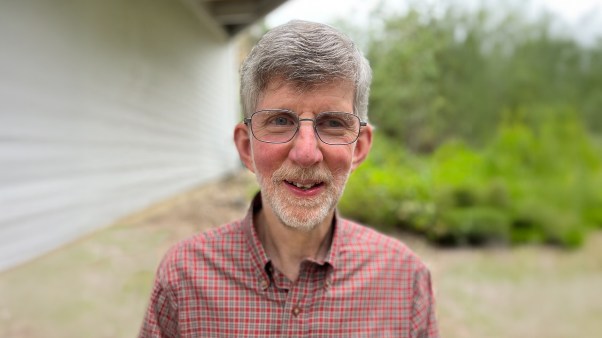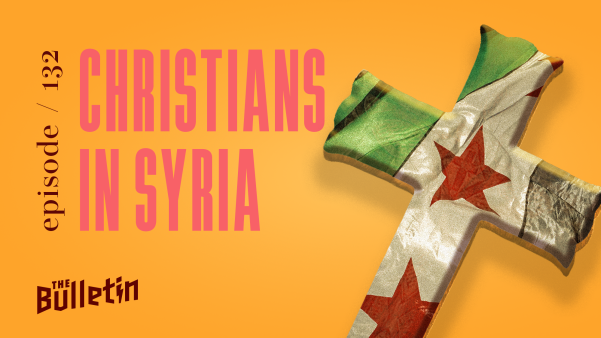Some say the sorrow began when Narcissa Whitman, just after lunch on November 29, 1847, went to the mission’s kitchen. She found the room full of raucous Cayuse Indians, one of whom demanded the milk she was retrieving. No, she replied sternly, not until she gave some to her baby. When the Indian tried to follow her into the sitting room, she shut the door in his face and bolted it.
In a moment, one of the Indians began pounding on the door, asking medicine from her husband, Marcus. He retrieved the medicine and, as he sat at the kitchen table, a Cayuse stepped behind him, drew a tomahawk from under his blanket, and struck the doctor’s head. A second blow brought him to the floor. Another Indian then put a bullet into Marcus’s neck.
Hectic and violent events unfolded over the next hour, and by the end of two days, Marcus, Narcissa, and a dozen other whites were dead. One of the Whitmans’ adopted children later recalled her mother’s death: “The terror of that moment cannot be expressed. There were no tears, no shrieks.”
The newly married Whitmans had reached the Oregon Territory’s Walla Walla River on September 1, 1836. With no training, but ardent hope, they founded a mission (sponsored by the American Board of Commissioners for Foreign Missions) to the Cayuse Indians at Waiilatpu in the Walla Walla Valley. As Narcissa put it, “Our desire is to be useful to these benighted Indians, teaching them the way of salvation.” Marcus held church services, practiced medicine, and built the mission complex; Narcissa ran the household, assisted in services, and taught in the mission school.
However, the Whitmans’ sense of cultural superiority seeped through as they ministered to the “benighted” Cayuse—which may be when the sorrow really began. They condemned Cayuse cultural practices like gift-giving; though an essential feature of Cayuse life, the Whitmans called it extortion. For the Cayuse, religion and domestic life were bound together, but when some Cayuse suggested they wanted to worship in the Whitman home, Narcissa scorned the idea.
With Oregon’s immigrant population exploding (thanks, in part, to the successful pioneering of the Whitmans), the Cayuse grew increasingly resentful of the Whitmans, whom they called “haughty.” When a measles epidemic swept the area, killing many more Indians than whites, a small band of Cayuse took matters into their own hands, as described above. Eventually, five Cayuse were tried and executed for the killings. One of them announced on the gallows, “Did not your missionaries teach us that Christ died to save his people? So we die to save our people.”
There is no question of the Whitmans’ sincerity and sacrifice—they are, at many levels, missionary heroes who deserve honor for giving their lives for the gospel. But Protestant missions was still in its infancy in the mid-nineteenth century, and few missionaries to Native Americans understood the complexity of cross-cultural ministry. The irony is that many such missionaries were benighted in their own way—sometimes with tragic consequences.
Mark Galli is editor of Christian History.
Related Links:
PBS presents the Whitmans’ story here: www.pbs.org/weta/thewest/wpages/wpgs400/w4whitma.htm
Copyright © 2000 by the author or Christianity Today/Christian History magazine. Click here for reprint information on Christian History.









